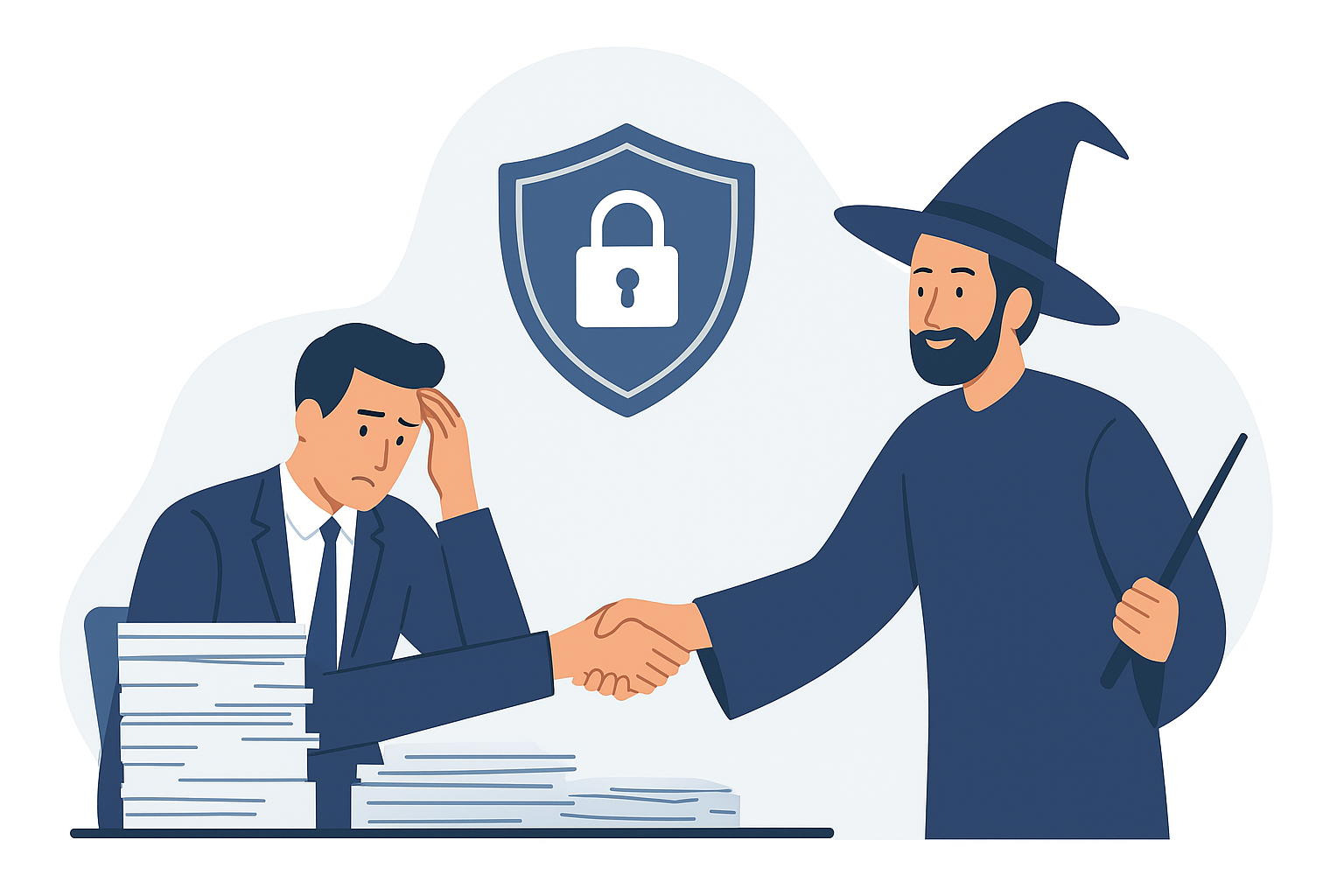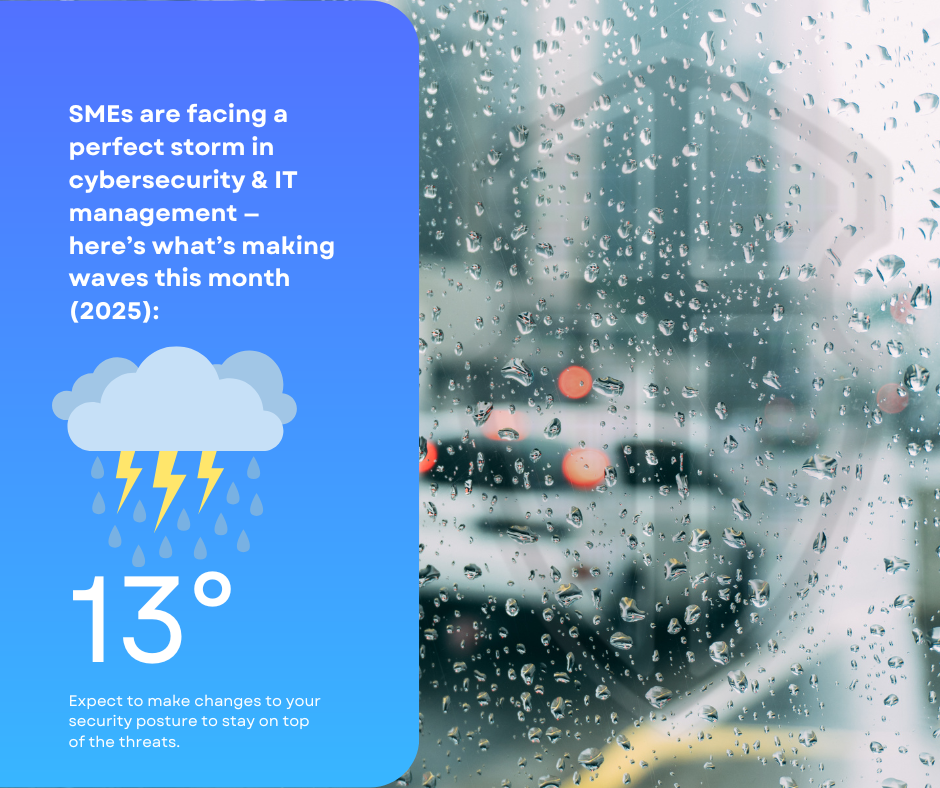Coverage: Protecting All Areas in Cybersecurity
In an era of rising cyber threats, full cybersecurity coverage is no longer optional — it’s essential. When businesses focus only on firewalls and passwords, they leave critical gaps that attackers can exploit. This blog explores why comprehensive protection across people, processes, and technology makes all the difference, and how you can close the gaps before it’s too late.
Why “coverage across all areas” matters
Too many organizations treat cybersecurity as a set of isolated tools. Yet, true full cybersecurity coverage means coordinating protection across devices, networks, and — most importantly — staff training. Without systematic planning and thought, one weak link can undo your entire defense.
For example, a modern ransomware attack might bypass a firewall by targeting a well-meaning employee through phishing email activation — showing that technology alone can’t carry the load. Recent reports on ransomware show that successful attacks are growing more costly, even as claims fall overall.
Therefore, an approach built on forethought and organization ensures that your coverage is holistic, not just reactive.
Three pillars of complete coverage
1. Protect devices & infrastructure
Your endpoint devices — laptops, mobile devices, servers — must receive regular updates, antivirus, and intrusion detection. Networks should be segmented to limit lateral movement if one device gets compromised.
2. Processes & policies
Policies must define access control, incident escalation, vulnerability management, and audit procedures. Processes need to be repeatable and tested — not ad hoc.
3. Staff training & awareness
Even the best systems fail if staff don’t know how to respond. Security awareness programs should be engaging, frequent, and tied to simulated exercises. According to the World Economic Forum, 96% of executives believe that organization-wide training and awareness reduce successful cyberattacks. The following article from World Economic Forum offers more details.
However, not all training is effective: many programs become stale and uninspiring, so revamping formats and maintaining relevance is key. Read some more on why training needs to engage and not bore: secureworld.io.
Real-world case: When coverage fails
Consider the Colonial Pipeline ransomware attack in 2021. Hackers gained entry through a compromised credential, then leveraged insufficient segmentation and lack of staff vigilance to escalate control. The result? Widespread fuel disruption across the U.S. East Coast. More in-depth information about tis particular case is offered here: INSURICA.
The lesson is clear: even robust network defenses can crumble if coverage across people, processes, and technology is missing.
Next steps for your business
-
Perform a coverage audit: inventory devices, review policies, and test staff readiness
-
Update or redesign training campaigns to be interactive and repeatable
-
Implement or enforce process reviews and policy enforcement
If you invest in full cybersecurity coverage, you reduce your risk, improve resilience, and build trust with customers.
Do you feel your business is fully covered — or are there gaps you’re worried about?









